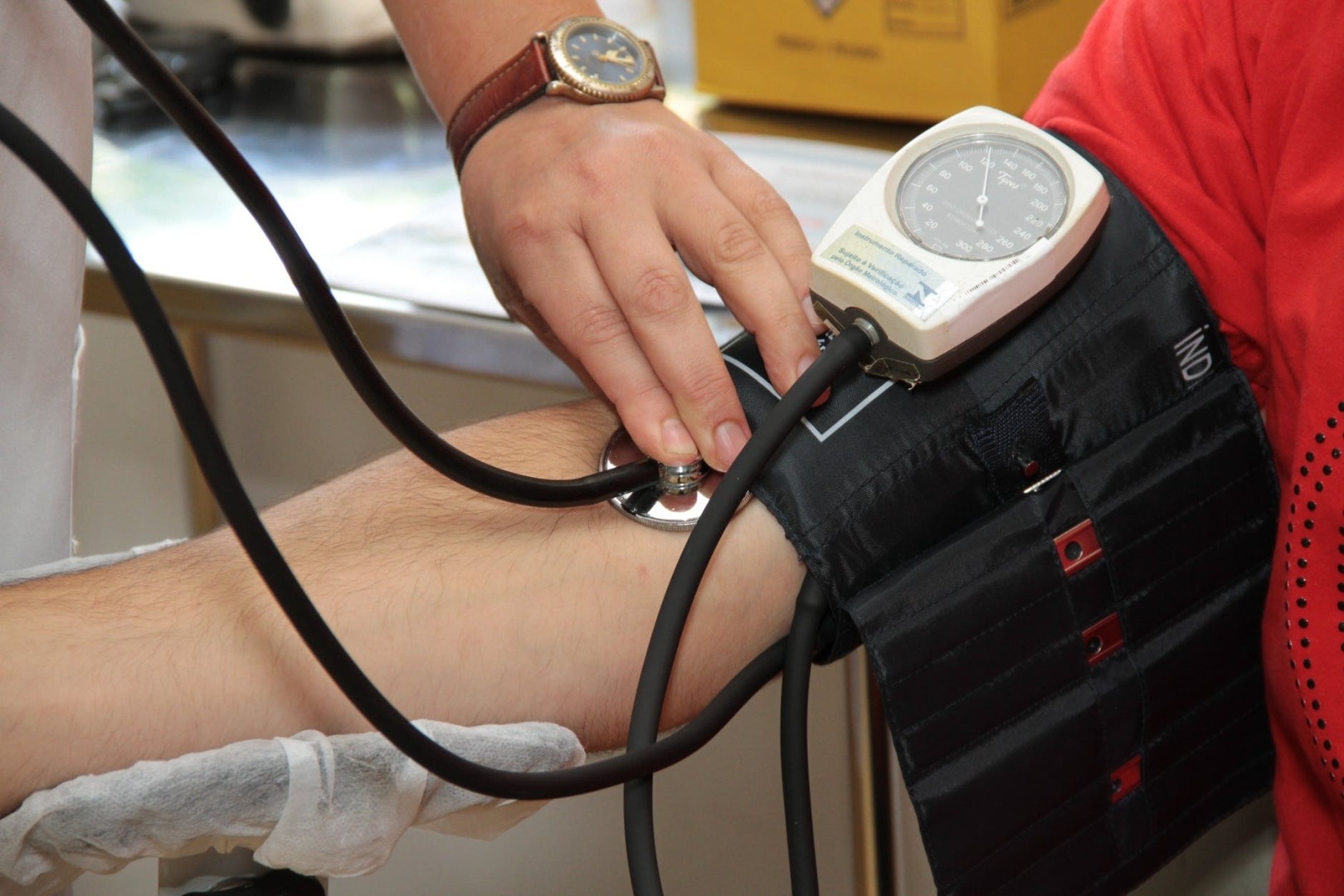Comments
- No comments found

Receiving inaccurate test results for a serious health condition can be a harrowing experience.
That's why getting accurate test results is extremely important, as they guide the appropriate course of treatment. This is where the National Association of Testing Authorities (NATA) comes into play.
NATA checks and approves laboratories. They make sure labs train staff properly, maintain equipment, handle samples carefully, have good quality control, and report test results accurately. NATA's approval means a lab meets high standards. So you and your doctor can trust the test data when making important decisions about your health.
This article will discuss the significance and benefits of NATA accreditation in safeguarding public health. It will explain how NATA's oversight and processes help ensure testing labs maintain strict standards for accurate and dependable results.
NATA doesn't directly protect public health, but it works behind the scenes to ensure the reliability of the labs that perform testing. NATA sets standards for testing labs. These cover staff skills, quality checks, and test methods. Meeting these standards proves a lab's results are trustworthy. Many industries need testing for public safety.
For example, testing food, water, and the environment finds harmful contaminants. Testing ensures building materials and medical devices are safe too. When NATA-accredited labs do these tests, you can trust the results. This lets authorities and people make well-informed decisions. They know the data is accurate.
While not solely dedicated to healthcare, NATA makes an important contribution to public health in Australia. Here are some key benefits of NATA accreditation:
Whether it's the air we breathe, the water we drink, the food we eat, or the medical tests we rely on, NATA accreditation has a hand in ensuring everything meets proper standards to protect our health and safety. Here are examples:
NATA accreditation ensures medical labs conducting diagnostic tests like blood analysis and biopsies follow proper procedures, allowing doctors to trust the accuracy of results for diagnosing and treating patients.
NATA accredits labs that test food products for potential contaminants and pathogens. This accreditation helps identify and address food safety issues before contaminated products reach consumers.
NATA-accredited water testing labs provide reliable data on detecting contaminants or quality issues in drinking water supplies, enabling proper treatment to ensure safe potable water.
Non-accredited labs are laboratories that have not gone through proper accreditation processes to ensure they meet quality standards. Non-accredited labs can be really dangerous for public health. Here are the main risks:
Non-accredited labs can be very dangerous for public health. Their test results might not be accurate, leading to incorrect diagnosis and treatment. They can also delay finding diseases until it's too late.
So in simple terms, NATA accreditation is crucial. It ensures labs follow the rules for accurate and reliable testing. Protecting our health, food, water, and environment.
To safeguard your health and that of your loved ones, always insist on NATA-accredited laboratories for any testing needs. Don't compromise when it comes to accurate and reliable results you can trust.
Luke Fitzpatrick has been published in Forbes, Yahoo! News and Influencive. He is also a guest lecturer at the University of Sydney, lecturing in Cross-Cultural Management and the Pre-MBA Program. You can connect with him on LinkedIn.
Leave your comments
Post comment as a guest